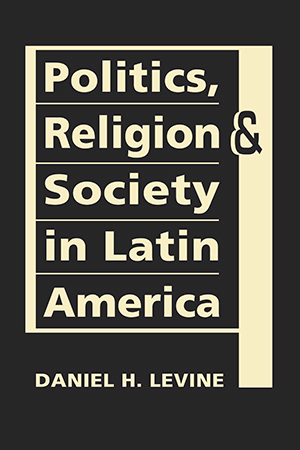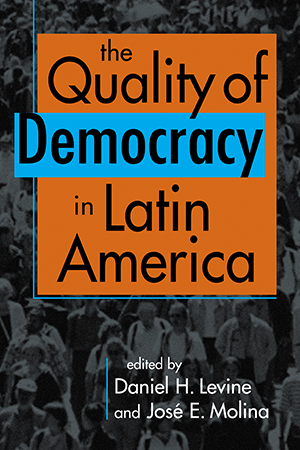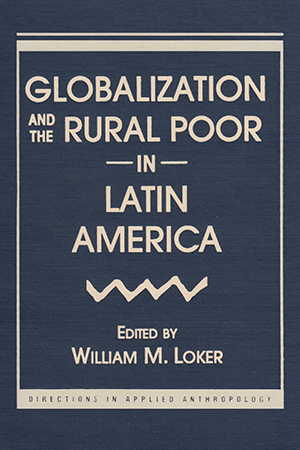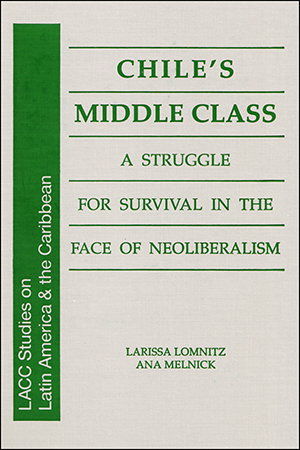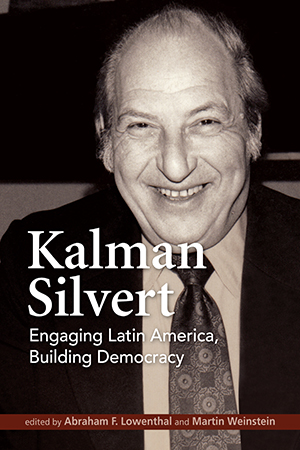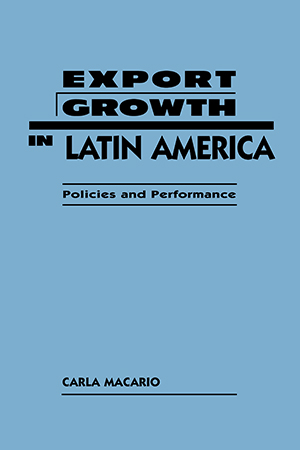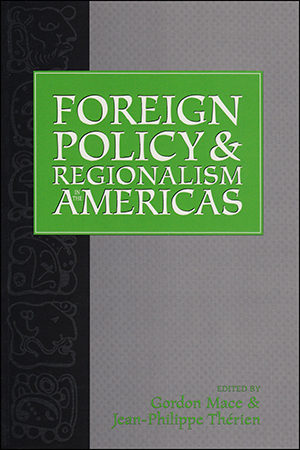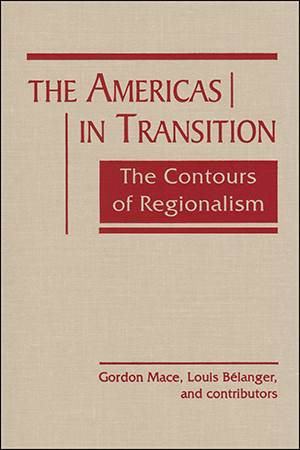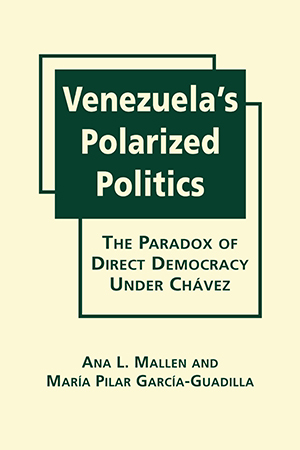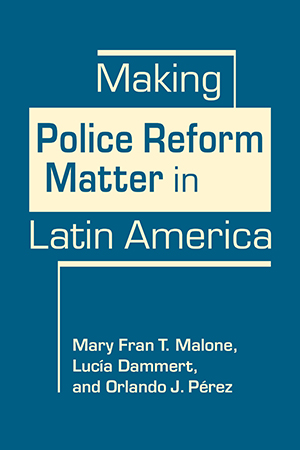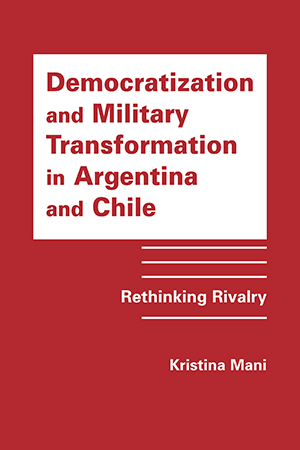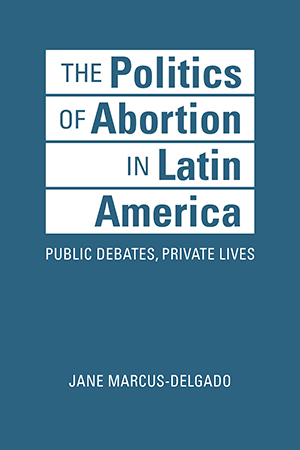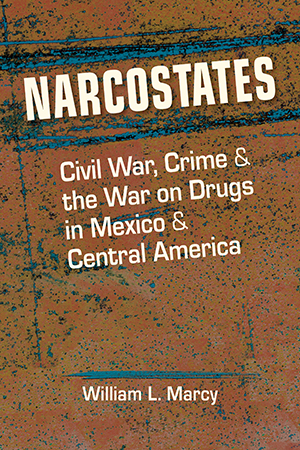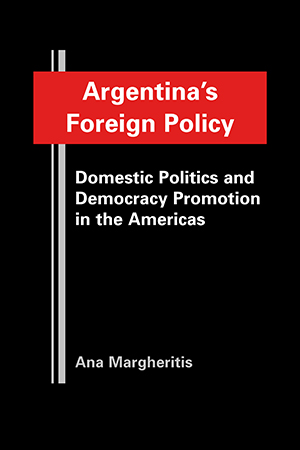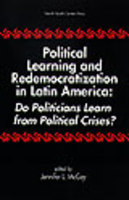Latin America and the Caribbean
Long assumed to be an unchanging and unquestioned bulwark of established power and privilege, religion in Latin America has diversified and flourished, while taking on new social and More >
In considering the nature and future prospects of the current wave of democracies in Latin America, analysis has shifted from a concern with regime change, transitions, and consolidation More >
With global sociopolitical and economic change contributing to an accelerating crisis in Latin America’s rural communities, rural residents are responding creatively with a range of More >
Over the past ten years, most Latin American countries have experienced dramatic economic changes as a result of their enormous debt burden, with a diminished economic role for the state and More >
Kalman Silvert highlights the extraordinary career of an extraordinary man—one of the founding architects of Latin American studies in the United States, a major builder of the More >
Although Latin American and Caribbean countries have assigned a high priority to increasing exports in recent years—substantially transforming their economies in the More >
This comparative analysis of foreign policy behavior in the Americas focuses on the emerging trend toward regionalism. Following a discussion of the phenomenon of regionalism in general, More >
The FTA, MERCOSUR, the Enterprise for the Americas Initiative, NAFTA, the Summit of the Americas—do these constitute building blocs in the construction of a new regional system? This More >
During Hugo Chávez's presidency, Venezuelan society underwent a sudden—and vicious—split between the Chavistas and the Opposition. What accounts for the extreme More >
Police forces in Latin America historically have been regarded as hopelessly corrupt, inefficient, and even abusive. More recently, however, there have been clear signs that police reforms More >
Is there a relationship between the consolidation of democracy and the ending of rivalries with neighboring states? Can internationalist foreign policies be useful in More >
With Latin America home to some of the most draconian bans on abortion in the world, abortion rights is one of the most controversial and hotly contested topics in Latin American politics More >
How did Mexico and Central America become a lawless corridor for conveying narcotics into the United States? How did the drug cartels rise to power, succeeding in institutionalizing the More >
Why would a state commit to foreign policy actions that do not appear to have relevance to its national interests? And what can we learn from Argentina’s extensive involvement in More >
Intrigued with the question of how societies adopt norms, institutions, and rules associated with liberal democracy, the contributors to this volume examine how political actors in Latin More >


